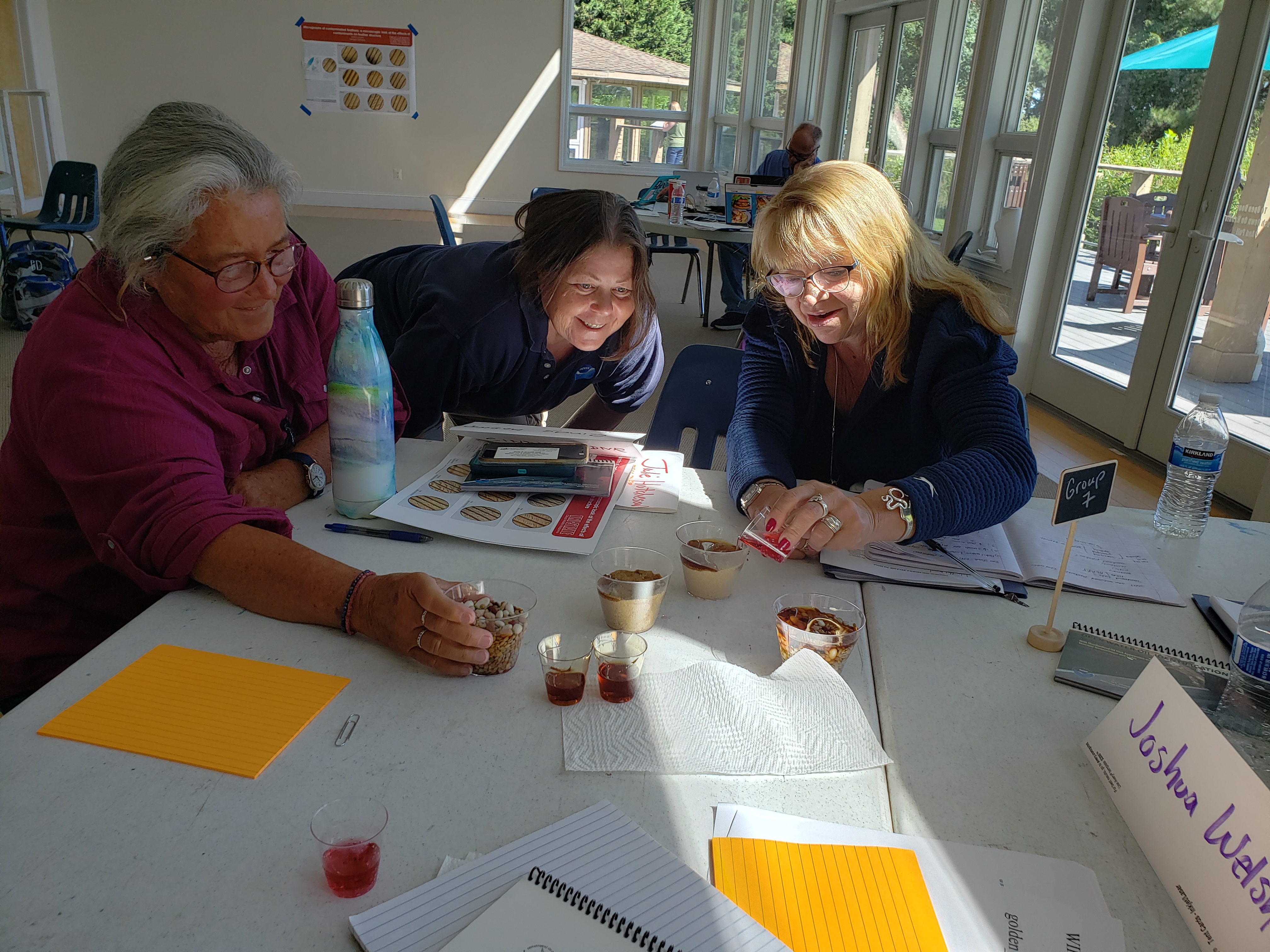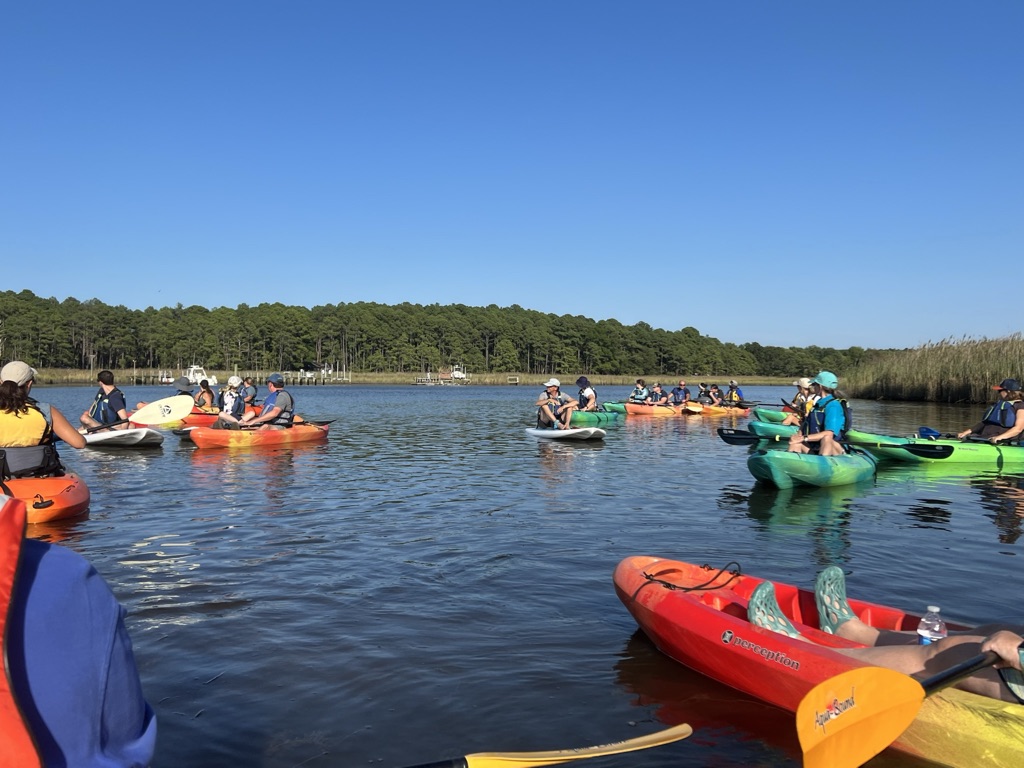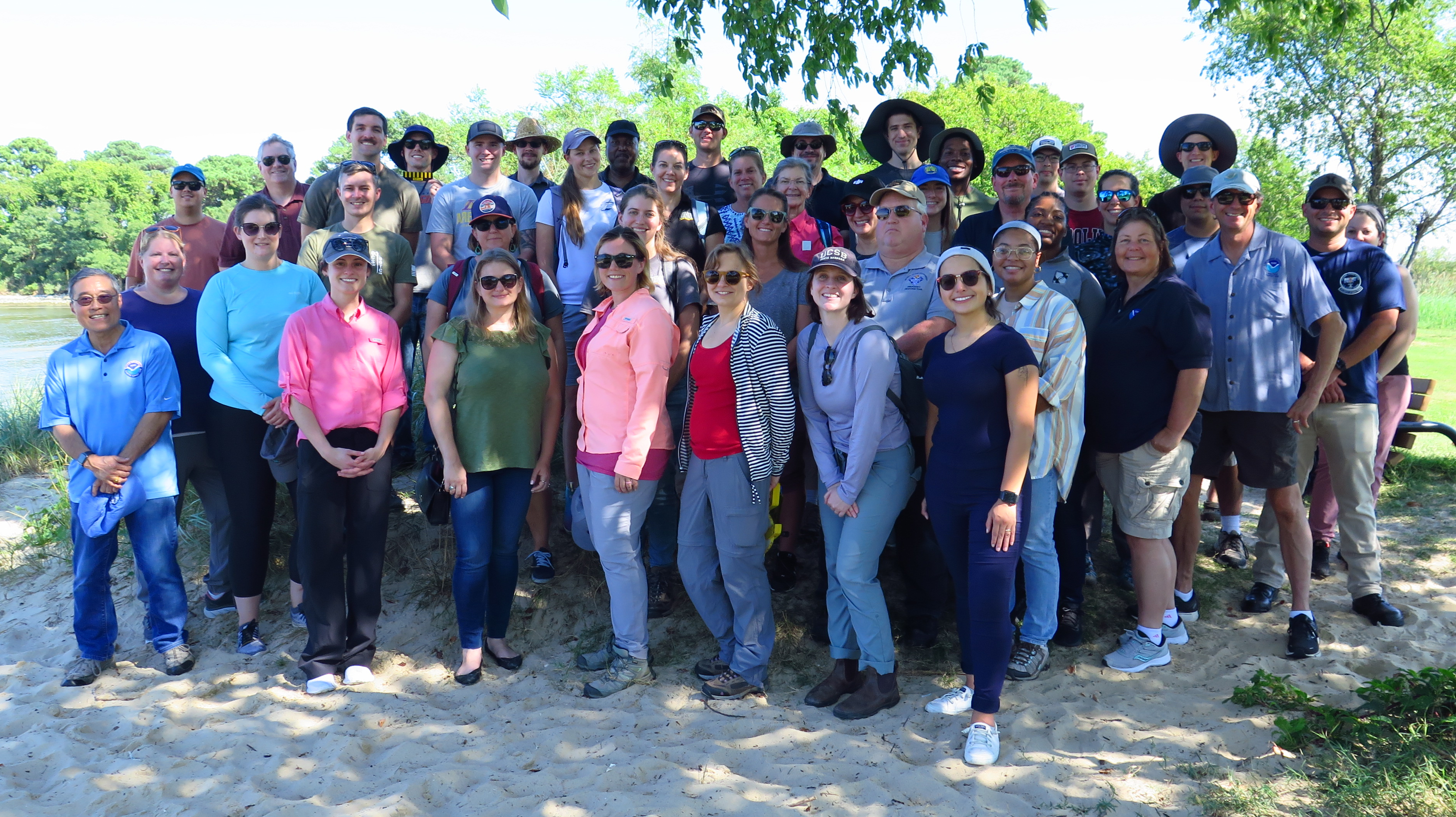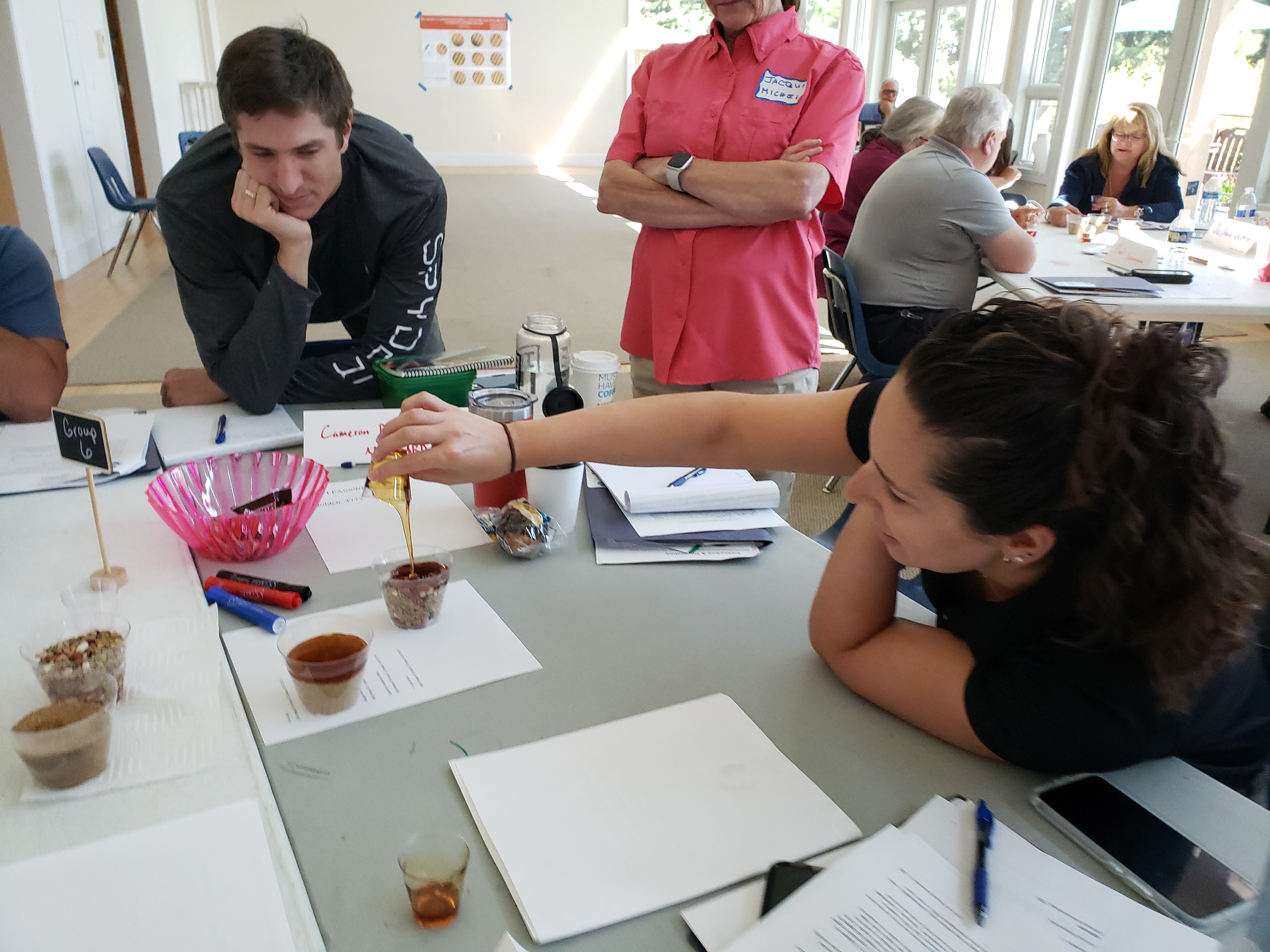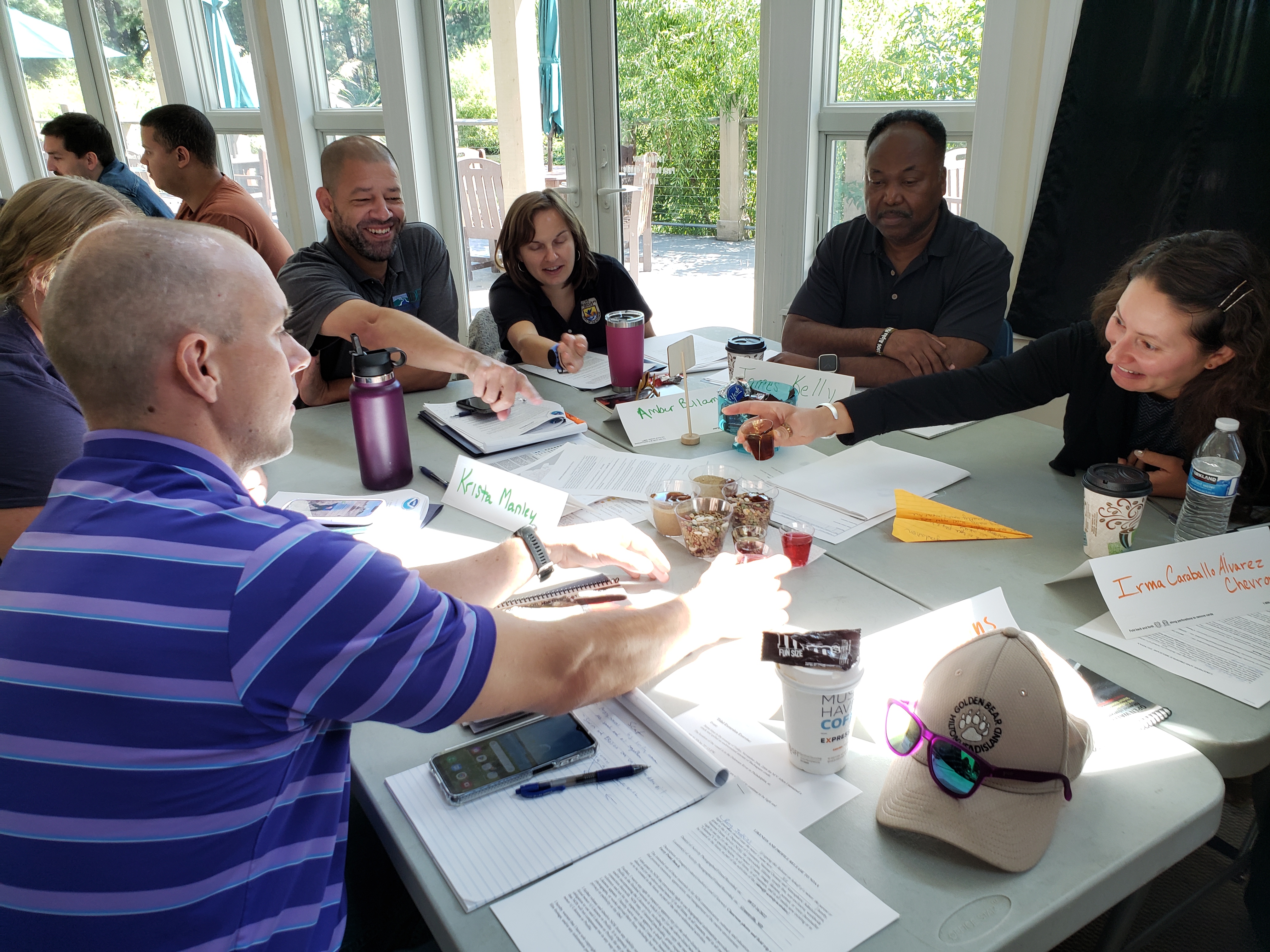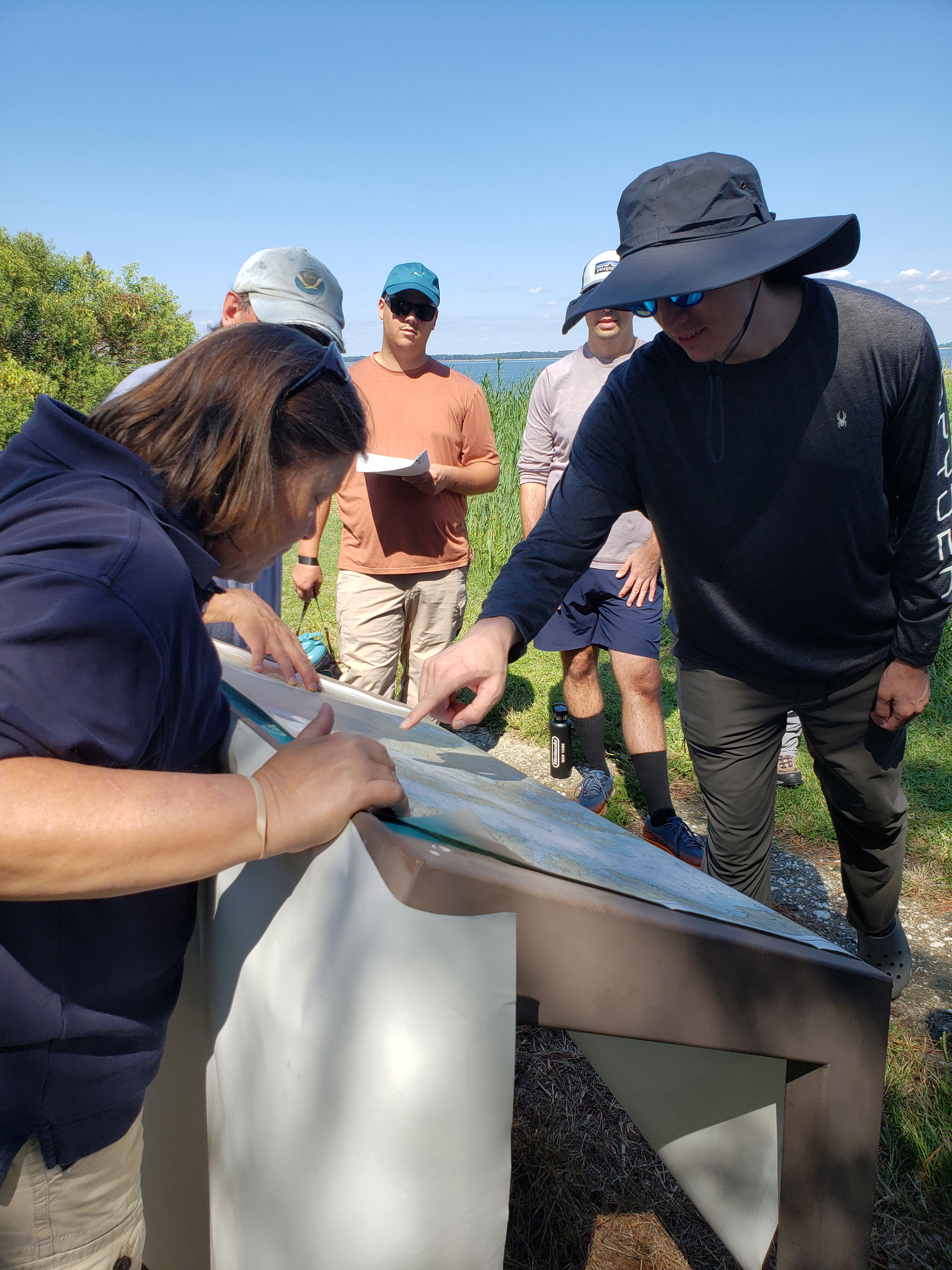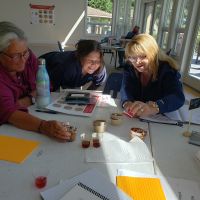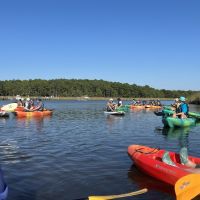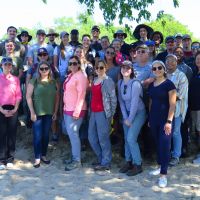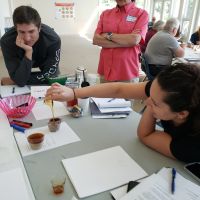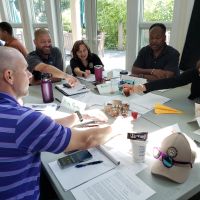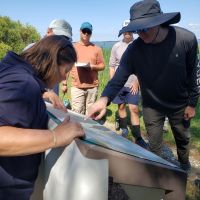Responders and Planners Learn Spill Science in the Mid-Atlantic
OCT. 17, 2022 — With a team of instructors led by Scientific Support Coordinator Frank Csulak, NOAA's Office of Response and Restoration hosted a Science of Oil Spills class in the mid-Atlantic region the week of Sept. 12, 2022.
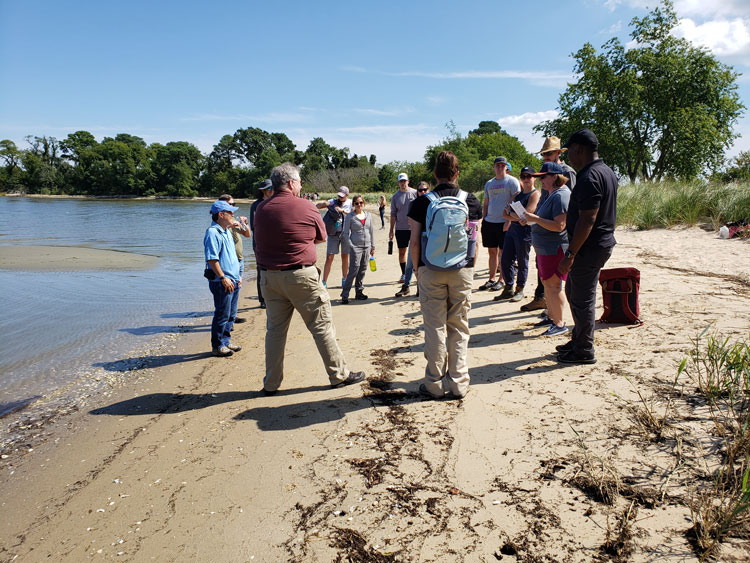
The class was taught at the Chesapeake Bay Environmental Center in Grasonville, Maryland. There were a total of 38 students with representatives from the U.S. Coast Guard, U.S. Fish and Wildlife Service, NOAA, the Pipeline and Hazardous Materials Safety Administration, and the U.S. Army Corps of Engineers, who traveled from the states/territory of Maryland, Massachusetts, New Jersey, Pennsylvania, Virginia, Washington, and the U.S Virgin Islands. Additionally, there were participants from the oil/gas industry and non-profit response organizations, including Tri-State Bird Rescue and Research in Newark, Delaware and the National Aquarium Animal Rescue, in Baltimore, Maryland.
Rich Takacs of the NOAA Restoration Center served as our local expert, helping the instructors and students understand the local habitats and the unique oceanographic characteristics, especially the tidal dynamics of the Chesapeake Bay.
The class was very engaged and learned everything from oil chemistry, fate and transport, satellite imagery, ERMA® (Environmental Response Management Application), spill response clean-up alternatives, damage assessment and restoration, to the history of oil spills.
The class was taught using an exercise scenario in which a barge had run aground and spilled diesel fuel in the Chesapeake Bay. This scenario allowed for students to ask relevant questions and put lectures to practice with in-class and field activities related to the scenario. The students reinforced lessons at Ferry Point State Park, discussing shoreline cleanup assessment technique, marine ecology, and oil spill trajectories.
Highlights for the students were the exemplary knowledge and experience of the instructors, case studies, and the post-class kayak tour in the Chesapeake Bay.
more images
